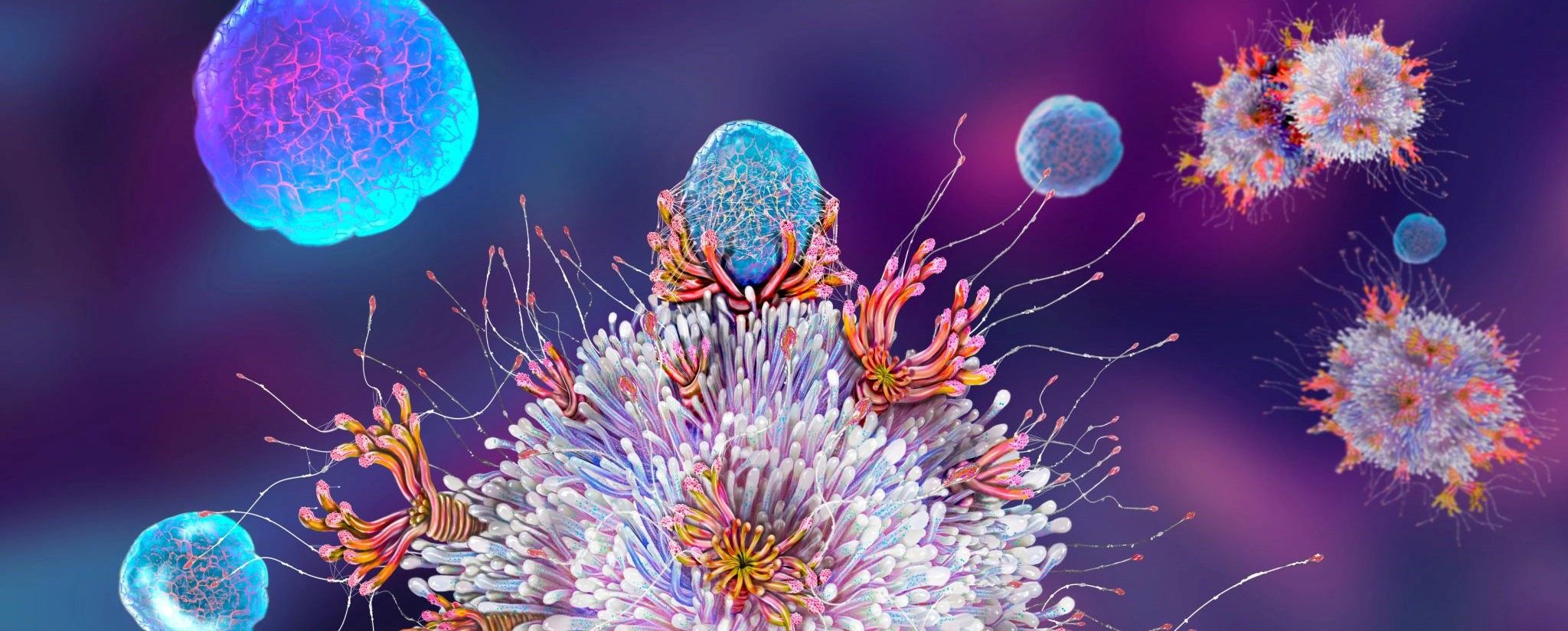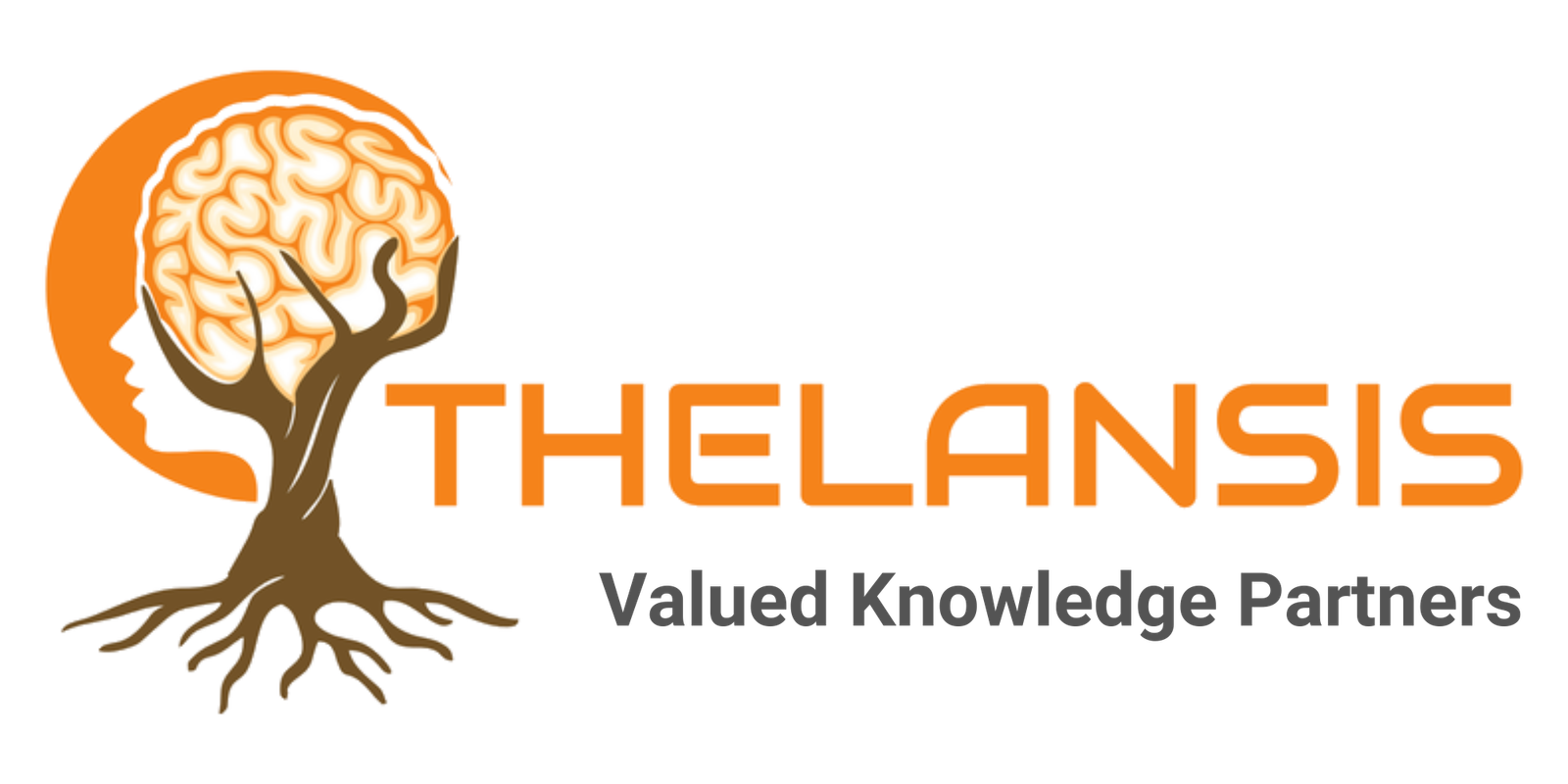
Aug 25 2021
/
Biomarkers in rare diseases
Discovery of biomarkers in rare diseases: innovative approaches by predictive and personalized medicine
Rare disease (or Orphan disease) is a collective terminology to define a group of conditions with scarce occurrence in the population. The definition varies according to geography and population. For instance, in the USA, a disease is termed rare when fewer than 200,000 individuals are affected whereas, in European Union, it is a disorder that affects 1 in 2000 people. To date, approximately 7000 diseases including but not limited to some autoimmune diseases, rare cancers, congenital diseases, metabolic diseases, and bacterial/fungal/viral/parasitic infections are recognized as rare. Genetic changes including those due to heredity or random mutations are considered to be a major cause of some rare diseases. However, others such as some autoimmune diseases, rare cancers, and infections may not be inherited.
As the patient pool is limited in rare diseases, assessing the safety profile of new drugs/treatments via clinical trials is challenging. Phenotypic heterogeneity, lack of understanding in disease pathophysiology, diverse disease progression, and absence of past trials/studies further add to the challenges. To date, FDA and EMA have approved roughly 998 and 170 drugs respectively for various rare diseases and yet, only 5% of the rare diseases have approved treatments. Globally, the market of rare diseases drug development is predicted to generate revenue of $242 billion by 2024 with a compound annual growth rate of 12.3% in the next 5 years. Figure 1 demonstrates the progress of drug development across various classifications of rare diseases.
Figure 1: Summary of rare disease medicines in development. Source: Progress in fighting rare diseases, PhRMA org
In the recent past, scientific advances in biomarker technology and molecular analysis have presented a potential strategy to combat rare diseases. Here, a biomarker is a biological indicator (e.g., gene mutation, protein) that manifests the normal pathological pathways and/or real-time response to novel drug/therapy. For e.g., cystic fibrosis transmembrane conductance regulator (CFTR) gene mutations are a biomarker of cystic fibrosis, a genetic disorder. As per the regulations set by EMA, an ideal biomarker is considered valid when the following parameters are met: (i) Analytical Validity i.e., high selectivity and specificity (ii) Clinical Validity i.e., consistency in measured changes (iii) Clinical Utility i.e., ability to show clear change on diagnostic/therapeutic intervention (iv) Feasibility (v) Time and cost-effectiveness and (vi) Non-invasiveness. Figure 2 shows the increasing interest and subsequent publications in biomarkers discovery for rare diseases.
Figure 2: A literature review of rare genetic disease biomarkers research from 2001 to 2015. Source: C. Scotton and A. Ferlini, Biomarkers in rare genetic diseases: Role of biomarkers in medicine (2016)
Yet, biomarker discovery is a tedious process. This is where the personalized and predictive medicine approach becomes crucial. Certain biomarkers (in rare diseases) may have a unique proteomic, metabolomic, or transcriptomic signature that enables the researchers to understand the underlying molecular mechanisms.
Figure 3: Flowchart of omics technology to precision medicine approach. Source: G. Morello et al., From Multi-Omics, Approaches to Precision Medicine in Amyotrophic Lateral Sclerosis, Frontiers in Neuroscience (2020)
Studying the progression of such biomarkers and their correlation with the clinical phenotype will allow a transition from one-size-fits-all to a personalized treatment strategy for each patient. This is a step towards understanding the complex biology of a particular rare disease and its varying clinical manifestations and disease progression in the small patient population. Due to the feasibility and minimally/non-invasive nature of obtaining blood and urine, biomarkers specifically present in such fluids have attracted immense attention.
Furthermore, the boom of AI has allowed us to virtually predict the disease progression and response to therapeutic intervention. AI-powered drug discovery is expected to reduce the time and budget by 75% and 97.5% respectively.
Owing to the Orphan Drug Act of, 1983 major industry giants and startups in the USA are investing their time and resources to develop biomarker-based therapeutic strategies towards rare diseases. Moderna is advancing research on mRNA-based therapeutics towards rare liver diseases, methylmalonic acidemia, propionic acidemia, phenylketonuria, and Fabry disease. Companies such as Pfizer and Amicus therapeutics are exploiting gene therapy specifically adeno-associated virus therapy towards various diseases. Pfizer is targeting gene defects such as Duchenne muscular dystrophy (DMD), hemophilia, and amyotrophic lateral sclerosis (ALS) whereas Amicus Therapeutics is targeting Fabry, Batten, and Pompe disease. In regards to personalized treatment, HealX, a startup from the UK is utilizing an AI-powered, patient-inspired treatment strategy for approximately 17 rare diseases. BioNTech also validated a patient-centric bioinformatics system to understand a patient’s cancer and personalize the therapy accordingly. This technology can be extended to rare cancers.
Yet, research on the majority of rare diseases is not covered. As a result, some companies are pooling the resources to cover research on more conditions. Recently, a Rare disease company coalition (in the USA) consisting of 10 companies was launched and they are collectively working towards 160 rare disease development programs. Furthermore, the Rare Diseases Clinical Research Network program supported by the National Centre for Advancing Translational Sciences (USA govt.) facilitates collaboration and data sharing by bringing physicians, scientists, patients, and patient advocacy groups together to study around 200 rare diseases. In 2012, the European Commission funded the collaboration of three projects namely, RD-Connect, NeurOmics, and EURenOmics to aid data sharing in rare disease consortia. Here, NeurOmics and EURenOmics work towards rare renal and neurological diseases by generating -omics data and researching the diagnosis/therapy whereas, RD-connect provides the infrastructure to allow the sharing and analysis of data.
Thelansis contributes to the understanding of rare diseases through primary market research, scrutinizing epidemiology, collating the critical information from real-world data evidence, identifying key opinion leaders (KOL), and forecasting the trends in the future. To date, we have provided comprehensive and in-depth analysis of market outlook, current clinical practices and treatment algorithms, ongoing clinical trials, and KOL data for 101 rare diseases including a broad spectrum of neurological disorders, autoimmune diseases, infectious diseases, and genetic conditions. Based on this experience, our team is extremely capable of predicting Market insight, Payers insight, Pipeline, and marketed product access, KOL and unmet need analysis, company profiling, and treatment insight reports for the emerging trends as well as current practices in rare diseases. Our detailed reports also include a 10-year market landscape forecast to better understand where the current trends are headed. Such reports are important to gain a research/market perspective on diseases that lack understanding of accurate etiology.
About Thelansis:
Thelansis is specialized in pharmaceutical market research and market Insight Report Company, published reports across the therapeutic area which includes both rare / ultra-rare and mainstream indication. Over the period of time, we have built a strong repository of 6,000+ Bio-pharma reports which essentially covers Epidemiology study and Market forecasting based on the KOL opinions. Competitive intelligence and track of trial results throughout the phases of development executed by a team of a mix of Scientific and Business backgrounds. As an organization, the major focus is to provide real-world data evidence and market insight to pharmaceutical companies for their decision-making.
Contact Us: > Delivery Office:
Bangalore- Embassy TechVillage, Kadabeesanahalli, Bengaluru, India
Gurgaon- Gold Souk Mall, Phase I, Sector 43, Haryana, India
India: +91(124)404-1731
clientsupport@thelansis.com > Sales office:
183 Asylum Street Hartford,
CT-06103, USA
Contact no. +1 (302) 380-3552
m.berg@thelansis.com
